
Red Cross volunteers work in a warehouse of International Committee of the Red Cross on June 19 in Caracas, Venezuela. | Carlos Becerra/Getty Images
white house
In Venezuela, some aid groups are asking U.S. officials if they can strip legally required U.S. branding from assistance sent to the country, three aid officials told POLITICO.
Aid groups working in Venezuela are eager to receive planeloads of humanitarian assistance from the United States, hoping to alleviate severe food and medicine shortages throughout the country.
But many of them don’t want the U.S. label attached to it.
Story Continued Below
President Donald Trump has so closely linked U.S. humanitarian assistance to his attempt to oust Venezuelan strongman Nicolas Maduro — even placing goods along the country’s border as an incentive for Venezuelans to revolt — that some groups are asking U.S. officials if they can strip legally required U.S. branding from aid sent to Venezuela, three aid officials told POLITICO.
Some organizations are looking at other options, such as seeing if the U.S. funding can be masked by routing it through the United Nations, or at ways to diversify their funding sources so that they can use more non-American aid to help Venezuelans, various aid experts said.
The situation reflects broader fears that Trump’s unusually politicized approach to handing out U.S. aid worldwide is backfiring, tarnishing America’s brand and possibly risking the lives of people from Latin America to the Palestinian territories.
“The Trump administration seems to have weaponized humanitarian assistance,” said Larry Sampler, a former career employee at the U.S. Agency for International Development. “We used to be able to say we’re not choosing sides, that all we’re doing is alleviating human suffering. We’ve lost that now.”
Venezuela has been a particularly blatant example, aid officials say.
“This whole idea that in Venezuela aid was going to be part of a political change process — it’s rare to see it that overt,” said Joel Charny of the Norwegian Refugee Council, which has not yet received U.S. funding for work inside Venezuela. “It’s just not a good way to do aid. If you’re really concerned about the welfare of the people of Venezuela you find the ways that are available to get the maximum amount of assistance to those people.”
America’s foreign aid decisions have never been entirely apolitical — every presidential administration, Republican or Democrat, to some extent disburses aid in ways it hopes will benefit the U.S. image. That’s part of the reason such assistance is branded with phrases like “from the United States.”
But aid officials and analysts say Trump and his aides have intervened to exceptional degrees to direct the funds and goods in ways designed to benefit one side in a conflict — and to bolster Trump’s standing with his own Republican political base. It’s an approach that may violate core international principles that such assistance be politically neutral, especially if intended for humanitarian reasons.
“In a conflict environment or a politically contested environment, if you align aid with one or the other side, it has a much harder time getting through,” said Jeremy Konyndyk, a senior policy fellow at the Center for Global Development who worked at USAID under the Obama administration.
In the Middle East, Trump has largely ended U.S. aid to Palestinians in the West Bank and Gaza — including money for schools and medical care — in an unsuccessful attempt to pressure Palestinian leaders into peace talks with Israel. And at the urging of U.S. evangelicals, Vice President Mike Pence personally intervened to force USAID to speed up tens of millions of dollars in funding to minority Christians in Iraq and Syria, ignoring U.S. diplomats who warned that appearing to favor Christians could deepen religious tensions in the Muslim-majority region.
In Central America, the Trump administration recently announced it is cutting off future aid to El Salvador, Honduras and Guatemala if they do not do more to stop the flow of migrants to the United States. It’s a step that could play well with GOP anti-immigration hardliners, but one U.S. officials privately warn could actually lead to more migrants seeking to leave those countries.
More broadly, the Trump administration said it is reviewing whether to withhold money from countries that do not sufficiently respect the U.S., including those that vote against America in international forums such as the United Nations.
A State Department spokesperson insisted that the administration “provides humanitarian assistance based on need, and in accordance with well-established humanitarian principles,” but added that “it is also important to continually assess our foreign assistance based on a number of factors … with the top consideration being that our assistance should align with American interests.”
On Jan. 23, Trump announced he no longer recognized Maduro as Venezuela’s legitimate president. Instead, Trump said he supported opposition leader Juan Guaido’s claim to be “interim president” of the struggling country. Dozens of other nations lined up to do the same after years of mounting frustration with Maduro and his economically disastrous policies.
Over the next few weeks, the U.S. dropped off more than 200 tons of food, medicine and other humanitarian aid at points along Venezuela’s border, with the goal of spurring Venezuelans — including military leaders — to rally against Maduro and push him out. The big day of revolt was supposed to be Feb. 23, but the push ended in bloody clashes along the border, and Maduro didn’t fall.
In the months since, Venezuelans who deal with U.S. aid groups — even those who have little love for Maduro — have expressed growing unease about accepting food, medicine or other goods that carries the American brand, fearing it will make them targets of Maduro supporters, aid officials say. The autocrat retains the backing of the military as well as armed groups known as colectivos.
Local Venezuelan aid partners have told U.S.-based humanitarian organizations they are especially worried about U.S.-branded material along border areas because of the possibility that people carrying such items back into Venezuela could be in danger, one aid official told POLITICO. Another humanitarian official said there have been reports of some Venezuelan aid workers being threatened due to their perceived connections to the United States.
Aid officials declined to offer many details about what they’ve heard or their plans, saying they do not want to endanger Venezuelan individuals or local groups who work with them to disburse the assistance. Trump administration officials are listening to the aid groups’ concerns about branding, humanitarian officials said, but at this stage the talks are ongoing.
Elliott Abrams, the Trump administration’s special envoy for Venezuela, called the criticisms of the American approach “nonsense.”
“U.S. policy in Venezuela has precisely been to demand that aid not be politicized, which has been the unremitting practice of the Maduro regime,” he wrote in an email to POLITICO. “Aid goes to [United Socialist Party of Venezuela] members and others favored by the regime. That is why we continue to insist that aid go through the church … or other organizations that will deliver it on the basis of need rather than politics.”
Abrams added, though, that as far as U.S. branding of the aid — which is typically required under American law — “exceptions can be and are made when the situation suggests it.”
U.S. assistance in countries such as Pakistan and Afghanistan, for instance, has often been unbranded because it could become an easy mark for Islamist militants. A U.S.-funded school built in Pakistan’s tribal areas is unlikely to bear a sign saying “from the American people” because Taliban fighters would bomb it.
Venezuela’s government has long been anti-American, especially under former leader Hugo Chavez, a socialist-inspired leftist whose many acolytes are dubbed Chavistas. One of them, Maduro, took over as president in 2013 after Chavez’ death, and his government has been accused of extraordinary levels of corruption and economic mismanagement.
Venezuela was once one of Latin America’s wealthiest countries, but over the past decade its economy has crumbled, inflation has hobbled its currency and crime has risen. According to the United Nations, one in four Venezuelans needs humanitarian aid. A study released in 2018 found Venezuelans reported losing on average 24 pounds the previous year and that the vast majority now live in poverty.
But Maduro, who has political backing from Russia and Cuba, blames the United States for the problems in Venezuela. He has cast the events of Feb. 23 as a U.S. effort to use humanitarian assistance as a Trojan horse to take over Venezuela. It’s a narrative echoed in some left-wing quarters.
“It fits really nicely into the ‘Chavista-Maduro’ mythology about the role of American domination,” said a senior official with a U.S.-headquartered humanitarian group that deals with Venezuelans.
Some U.S.-based aid groups have worked for years inside Venezuela, a country of around 30 million people. But under Maduro, much of that has been through local partners and often with low visibility. Some four million Venezuelans are believed to have left the country in recent years, leading aid groups to scale up their efforts to help those refugees and the countries hosting them, such as Colombia.
One arguably positive outcome of the Trump-led pressure campaign against Maduro is that, in the months since the February push, he has effectively admitted that there is a major humanitarian crisis in his country, something he had not been willing to do before. And he’s finally allowing in large-scale foreign assistance.
In April, he permitted the Red Cross to launch a relief campaign for the country. The Red Cross says its effort is politically neutral, but Maduro is believed to hope that it will strengthen his precarious position, while Guaido and his embattled supporters are trying to take credit by saying their pressure forced Maduro to bend.
With the expectation that Maduro will keep allowing in more international assistance, aid organizations are likely to find themselves grappling even more often with the issue of U.S.-branded aid and its political sensitivities.
“Our experience is that when you mix political objectives and humanitarian objectives, undoubtedly it puts the lives of humanitarians in danger, and it makes vulnerable people even more vulnerable,” one aid official said.
This article tagged under:
Missing out on the latest scoops? Sign up for POLITICO Playbook and get the latest news, every morning — in your inbox.







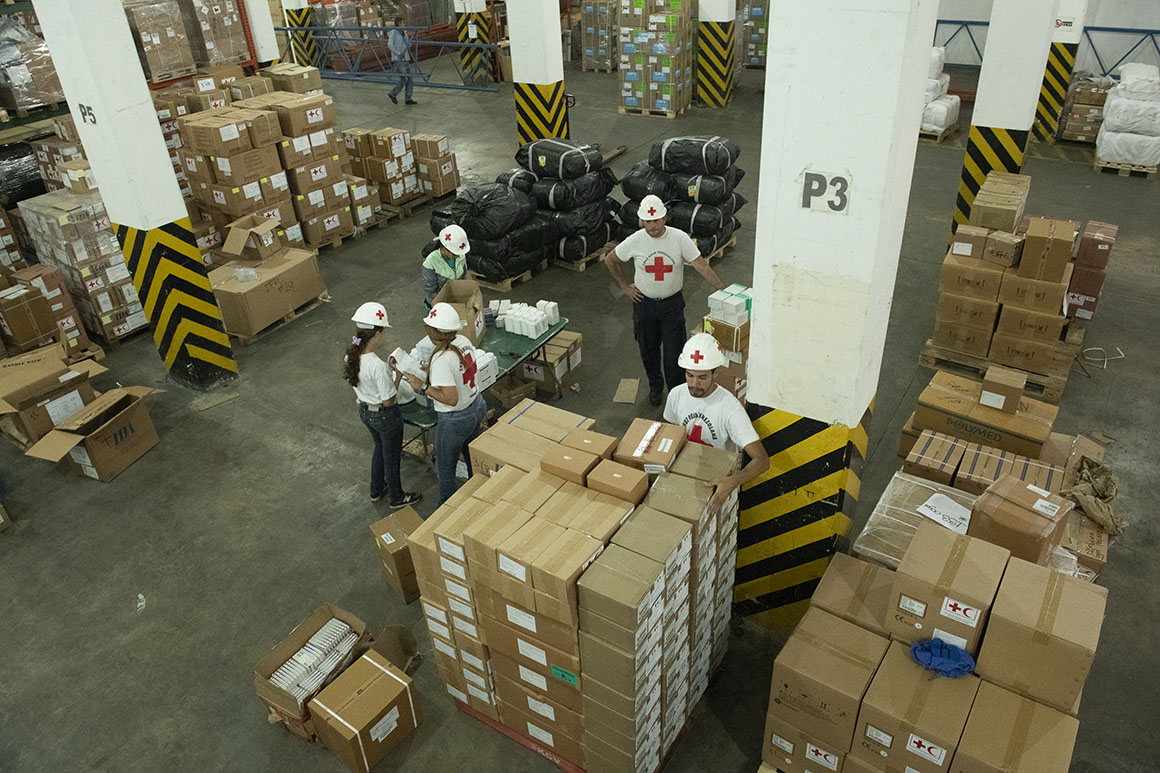

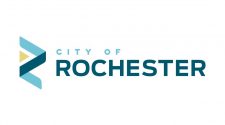
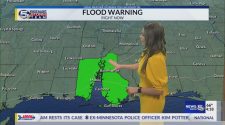


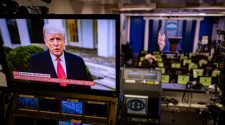
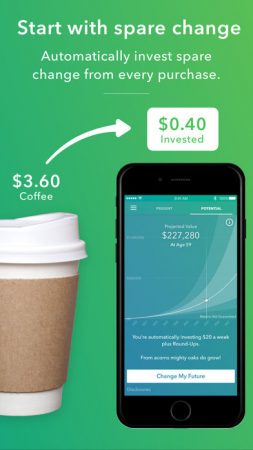

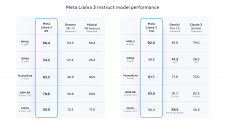



Federal Judge Reggie Walton Condemned Trump’s Comments About Judge Juan Merchan On CNN